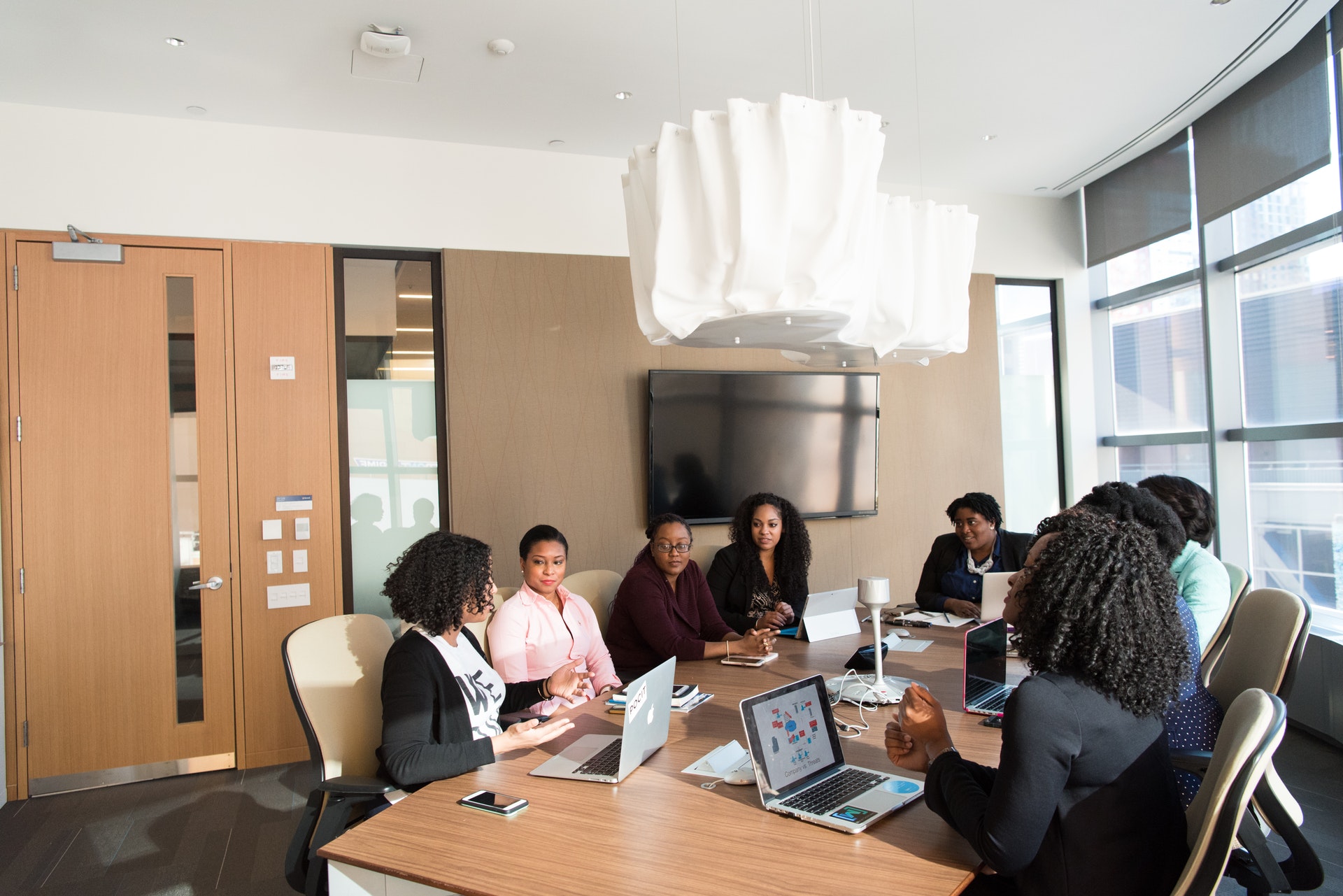In the 21st century, the presence of women and other groups in the technology sector remains a minority, a phenomenon that negatively affects both workers and products in the sector. More and more initiatives are being undertaken to bring diversity to teams and equality to the workplace.
Of the 18.3 million scientists and engineers in the European Union, 59.24% are men compared to 40.75% women, according to Eurostat. But if we look in detail at high-tech manufacturing areas, the percentage of men soars to almost 83%. And while the world's major artificial intelligence conferences are still dominated by men, there is evidence of biased algorithms that disadvantage women when it comes to granting credit.
It is known that the diversity of the labour market is a driving force in the economy in general. In fact, if there had been no working women in Spain in the 1990s, its GDP in 2015 would have been 18% lower, according to a study by McKinsey. But the benefits of diversity don't end there. Diverse teams can bring "different points of view to the same problem," says the head of UX/UI in Opinno Madrid, Carolina de los Arcos, who boasts that her department is made up of "seven women and five men.
"Having different perspectives means that the 'blindness' that a designer may have does not appear in the person who has been in contact with the client. They are different points of view that enrich, in the end, the solutions and the way to face the problems", he explains. And a second enriching element stands out: the department has several generations, from X to Z.
The enemy at home
Some might think that if there are no more women in the technological field it is because they do not want to enter. But the figures from the social network of face-to-face events Meetup suggest otherwise: its category of women and technology has more than 900,000 members distributed in almost 1,400 groups.
This seems to indicate that part of the problem of not having more women technologists may be born from within. Three years ago, research showed that when women programmers do not disclose their gender, their code is more widely accepted than that of men, but if they do disclose it, this figure drops by more than 10 percent, and to make matters worse, technology companies led by women receive less than 3 percent of venture capital funds, a percentage that has not changed between 2009 and 2019, according to the American business school Babson College. These phenomena are not only detrimental to the women who lead and work in different technology companies. They also directly harm society, which loses access to their talent and potential.
In view of these realities, it is not only necessary to boost today's women technologists: encouraging the next generations to start a career in the sector becomes essential. De los Arcos warns about how much has to be done in the area of development: "We have to start from the bottom, from the girls, who have to feel interested in the technical world".

The good news is that things seem to be changing, also from the inside. For example, with Google at the forefront, Women Techmakers is organizing events in order to showcase their work in the technology industry and empower them. But there are also more anonymous proposals. The aim is the same: to make women in the technology world visible and to create networks within the technology sector.
One of the techies' meccas, Girl Develop It San Francisco (USA) brings together virtually 9,500 programmers and allies. Meanwhile, the PyLadies Madrid (Spain) group wants, according to its description, "to help and motivate more women to become active participants and leaders of the open source Python community"; to that end, it organizes events, conferences or workshops among its more than 1,800 members, and also wants to create a global network of women Python programmers.
These are just a few examples, but the list of initiatives directed not only at women and girls, but also at members of the LGTBI+ collective, is growing. TransTech is a coworking, Linkedin-style job bank and online learning platform in the US that empowers trans people (but also serves the rest of the community). Its creator is Angelica Ross, who has been interested in home appliances since she was a child and who, thanks to the Internet, has found a career and help in making her gender transition.
Justice and the ability for each person to do what they want is the main goal of the fight for diversity in the technology sector. But, if we also take into account that diverse teams have the capacity to have a greater impact not only on the economy but also on the technological products themselves, the fight for equality and diversity becomes essential for everyone, regardless of gender, ethnicity and age.
By José Manuel Blanco



